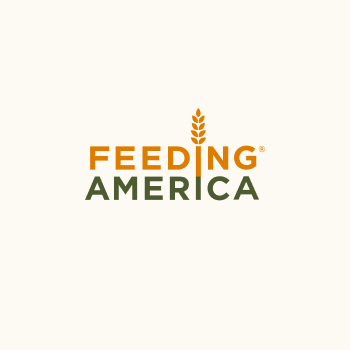
Ten Ways Food Waste Hurts the Environment
When we talk about food waste in America, we’re talking about much more than just food that spoils in your refrigerator. Food waste is a billion-pound problem — one that’s taking a serious toll on the environment. Here’s just how big of an issue food waste is for our planet:
- We currently waste up to 40% of our food globally. That’s roughly 400 pounds per American each year.
- That breaks down to 119 billion pounds of safe, wholesome food wasted every year.
- In fact, according to ReFED’s A RoadMap to Reduce U.S. Food Waste by 20 Percent, “If all our country’s wasted food was grown in one place, this mega-farm would cover roughly 80 million acres, over three-quarters of the state of California.”
- All that food certainly isn’t coming from household waste. 52 billion pounds is wasted by manufacturers, grocery stores and restaurants.
- An additional 20 billion pounds of fruits and vegetables are not harvested on farms or left in fields to be ploughed under. That means perfectly good green beans, potatoes and more are never even given the chance to feed people.
- Altogether that totals to $218 billion worth of food that is thrown away each year.
- What does that mean for the Earth? To start, 21% of landfill volume is food waste.
- Even more shocking, 21% of fresh water is used to produce food that is then discarded.
- But if we were to reduce our food waste by just 20%, we could avoid 18 million tons of greenhouse gas emissions.
- Feeding America is fighting back. Last year, the Feeding America network and our partners rescued 2.8 billion pounds of food. And that food went straight to meals for people facing hunger.
Ready to get involved? We need your help to stop food waste and help provide meals to people facing hunger:
- Donate. Support Feeding America so we can continue to rescue food from landfills and help provide it to your neighbors in need.
- Volunteer. Find your local food bank and sign up to volunteer. Some food banks even offer food rescue-related volunteer opportunities, such as gleaning fresh produce from nearby farms.
- Test your food waste knowledge. Take our food waste quiz, Waste It or Taste It, and challenge your friends to do the same.


























